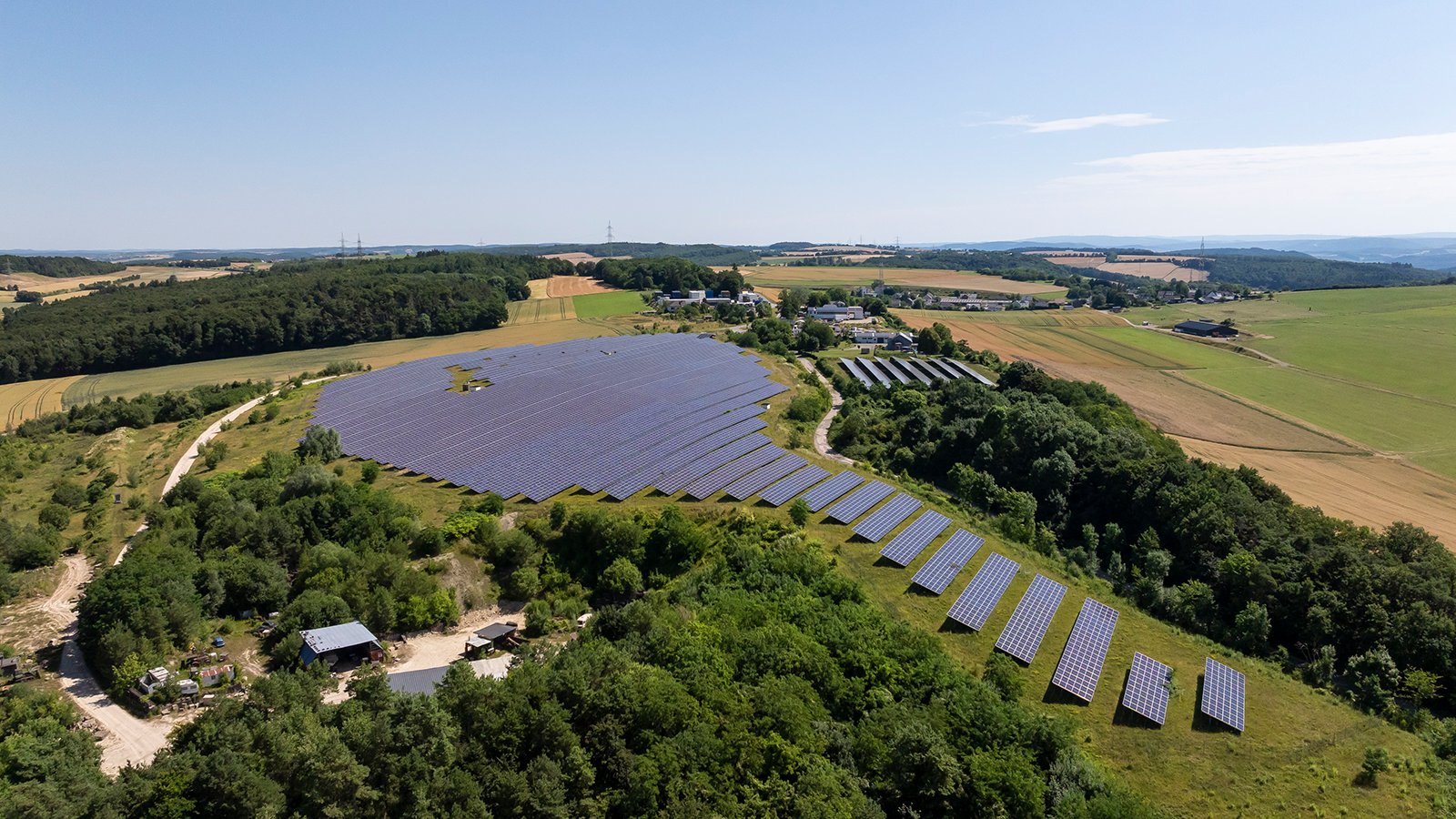Participation as a Driver of Sustainability
In the German-Luxembourg border region, citizen engagement turned an energy project into a broader climate vision. What began as a technical initiative evolved into a shared roadmap for sustainability—driven by local ideas and cross-border cooperation.
Sometimes things take an unexpected turn—in the best possible way. In the municipalities of Ralingen (Germany) and Rosport-Mompach (Luxembourg), a citizen dialogue quickly transformed an initial energy concept into a much broader regional vision for the future.
The original idea was to create a cross-border energy region where electricity could be produced and consumed locally—independent of fossil fuels and external suppliers. The goal: to build resilience and strengthen regional ties through a shared, sustainable infrastructure.
To explore what mattered most to residents, the project launched a series of participatory formats. Citizens on both sides of the border were invited to contribute their ideas—through activities like a joint cycling tour focused on renewable energy, information stands, and close collaboration with local associations and initiatives.
Citizens Want More Than Just an Energy Region
It soon became clear: building a joint energy region was more complex than anticipated. Legal barriers to cross-border electricity production and distribution proved difficult to overcome. At the same time, aligning open-ended citizen participation with the project’s predefined goals posed a challenge. The ideas and impulses from the community went far beyond the original scope.
In response, the project was adapted with flexibility. A large-scale Future Workshop on Climate Action invited citizens to contribute ideas across multiple themes: climate neutrality, sustainable construction, recreational spaces, and mobility.
- Balancing open-ended participation with clearly defined goals is essential for success. A focused question helps guide engagement without limiting creativity.
- Country-specific regulations must be clarified in advance. Legal frameworks can significantly shape what is feasible in cross-border participation.
From Future Workshop to Regional Sustainability Vision
The workshop was a resounding success. It led to a range of concrete initiatives and tools for local residents—such as building personal balcony solar systems. The outcomes were consolidated into a regional sustainability and climate action framework, which now serves as a guide for future cross-border projects.
Despite delays and challenges, the project succeeded in establishing a functioning model of citizen participation in the border region. It demonstrated how energy, climate action, and civic engagement can be meaningfully combined—through creative formats, local partnerships, and growing trust.

